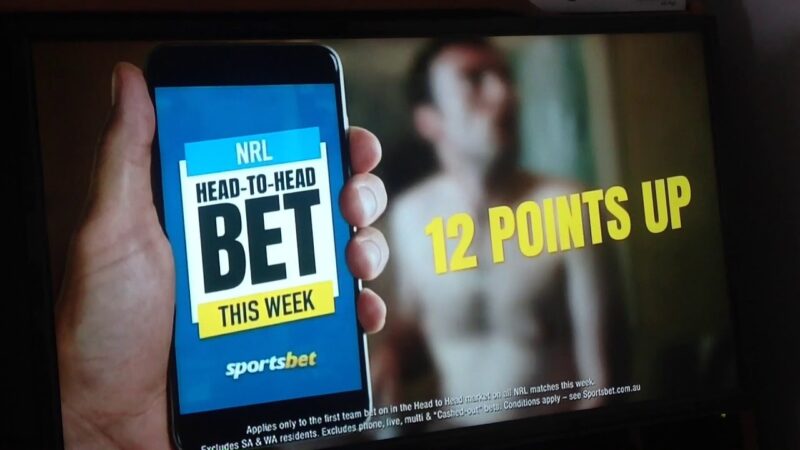Last week, the government received the long-awaited ‘You win some, you lose more’ report into online gambling and its impacts on those experiencing gambling harm.
One recommendation in particular has raised the ire of the advertising and media industry – that being the complete ban of advertising for online gambling in three years.

The response to the recommendations is eerily similar to the 1970s when tobacco advertising was banned. Talk of significant jobs losses, revenue decline and less local content were arguments mounted by all the media interest groups. The calls of overreach were shouted from the rooftops and the answer was the promise of a more tightly self-regulated system.
Well, this time around, it is same, same. And what happened after tobacco advertising was ruled out? Rather than the catastrophic hit to the industry that was predicted, other advertisers stepped in, and the world kept turning. As it will this time around.
ADVERTISEMENT
While the hysteria continues, there are two other key issues that our industry should be thinking and talking about.
Firstly, while the lobby groups are focussing on addressing the public’s perception that advertising of online gambling is at saturation point – 71% – which is a lot of pissed off people – they are conveniently skirting over the very real harm that gambling causes to our community.
And the harm is real.
Australians spend the most in the world, per capita, on legal forms of gambling, losing $25 billion every year. And Australians also lose the most money to online gambling, per capita, in the world – about $7 billion annually.
Almost half of those who gambled in 2022 (46%) were classified as being at some risk of gambling harm in the past 12 months. Sadly, gambling is associated with an approximately four times higher risk of suicide and has also shown even worse outcomes for culturally diverse and First Nations community members.
While the gambling industry makes the argument that what they do is legal, the bigger question is… is it right? As we can currently see from vaping, it takes time for government to process through checks and balances, to effectively regulate a rapidly growing market.
The recommendation to ban all advertising of online gambling is recognising that what is currently legal, is not right and is inflicting considerable harm to the community, and therefore needs far stricter controls.
In an ideal world, businesses would more genuinely tightly regulate their activity so that it is more socially responsible and then government wouldn’t have to intervene so heavy-handedly. But they haven’t. It doesn’t take an expert in media to turn on the TV and see that it is the wild-west out there in online gambling land. So, the government has needed to step in.

Secondly, not the report itself, nor the commentary in the industry, has mentioned the role that media and advertising agencies play in enticing people to gamble online.
In the era of ‘purpose’ and all the talk of environmental, social and governance, I’m not sure how the employees of agencies really feel about contributing to the harm that online gambling inflicts on the community.
Nor am I sure the government themselves have really thought about the ethical conflict that is inherent in contracting agencies to undertake work for them, while they are also working for online gambling companies. Certainly, when the bans come in to affect, there should be a register formed of those agencies who continue to work with gambling companies intent on flouting the rules.
Perhaps it’s time for the industry to talk more about its social impact and the choices it can make about who it works with and why.
And not just short-term hits to the bottom line when the government catches up to what most people now deep down know, is the wrong thing to do.
Jen Sharpe is the founder and managing director of Think HQ.
